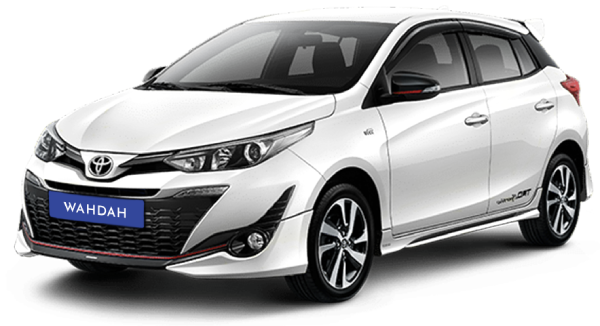New to DRIVE?
Register your new account for free
to start manage your cars and join our community.
Register Now 
Welcome back.
Enter your email and password to login.

In recent years, the automotive industry has witnessed a monumental shift towards sustainability and eco-friendliness, thanks to the rise of Electric Vehicles (EVs). Electric vehicles have not only captured the imagination of consumers but also become a driving force behind a cleaner, greener, and more efficient future for transportation. In this article, we will delve into the world of electric vehicles, exploring their significance, benefits, challenges, and the latest developments shaping the EV landscape.
The Rise of Electric Vehicles
The journey of electric vehicles can be traced back to the 19th century, but it was only in the last few decades that they gained mainstream attention. The transition from conventional internal combustion engine (ICE) vehicles to electric vehicles was initially slow, primarily due to technological limitations, high costs, and concerns about limited driving range. However, advancements in battery technology, government incentives, and growing environmental awareness have fuelled the rapid growth of EVs in recent years.
Benefits of Electric Vehicles
1. Environmental Impact: One of the most significant advantages of electric vehicles is their minimal environmental footprint. EVs produce zero tailpipe emissions, reducing air pollution and greenhouse gas emissions, which contribute to climate change. As the energy grid becomes cleaner, the overall environmental benefits of EVs continue to improve.
2. Cost Savings: Although the initial purchase price of an EV can be higher than that of a traditional vehicle, EV owners often save money in the long run. EVs have lower operating costs due to the lower price of electricity compared to gasoline and the reduced need for maintenance (e.g., no oil changes).
3. Energy Efficiency: Electric vehicles are more energy-efficient than traditional vehicles, converting a higher percentage of the energy from the grid to power at the wheels. This efficiency translates into longer driving ranges and reduced energy consumption.
4. Quiet and Smooth Operation: EVs are known for their quiet and smooth operation. The absence of engine noise and vibrations provides a peaceful driving experience, reducing noise pollution in urban areas.
Challenges and Solutions
While electric vehicles offer numerous benefits, they are not without challenges:
1. Range Anxiety: Concerns about limited driving range and the availability of charging infrastructure have deterred some potential EV buyers. However, advancements in battery technology have significantly improved the driving ranges of EVs, and governments and businesses are investing in expanding charging networks.
2. Charging Infrastructure: The growth of EVs depends on the availability of charging stations. Governments and private companies are working to develop a robust charging infrastructure, including fast-charging stations along highways, and charging options in residential areas.
3. Battery Recycling: The disposal and recycling of lithium-ion batteries raise environmental concerns. Developing efficient battery recycling processes is crucial to minimize waste and reduce the environmental impact of EVs.
4. Initial Cost: While the cost of EVs has been decreasing, the initial purchase price can still be a barrier for some consumers. Incentives, tax credits, and subsidies can help make EVs more affordable.
Recent Developments
The electric vehicle industry is continuously evolving, with new developments and innovations pushing the boundaries of what EVs can offer. Some recent trends and advancements include:
1. Increased Range: EVs are now capable of achieving impressive ranges on a single charge, with some models surpassing 300 miles, alleviating range anxiety concerns.
2. Advancements in Battery Technology: Ongoing research into battery technology is leading to more energy-dense, longer-lasting, and faster-charging batteries.
3. Expanding Model Range: Automakers are expanding their EV offerings, providing consumers with more choices in various vehicle segments, from compact cars to SUVs and trucks.
4. Electric Vehicle Adoption in Public Transportation: Many cities are introducing electric buses and taxis, reducing emissions in densely populated areas, and setting an example for the private sector.
The electric vehicle revolution is well underway, and it is reshaping the way we think about transportation. As technology advances and the infrastructure continues to develop, electric vehicles are becoming an increasingly attractive and sustainable option for consumers worldwide. With their environmental benefits, cost savings, and continuous innovation, electric vehicles are poised to play a vital role in reducing emissions and creating a greener future for our planet.